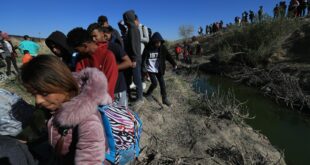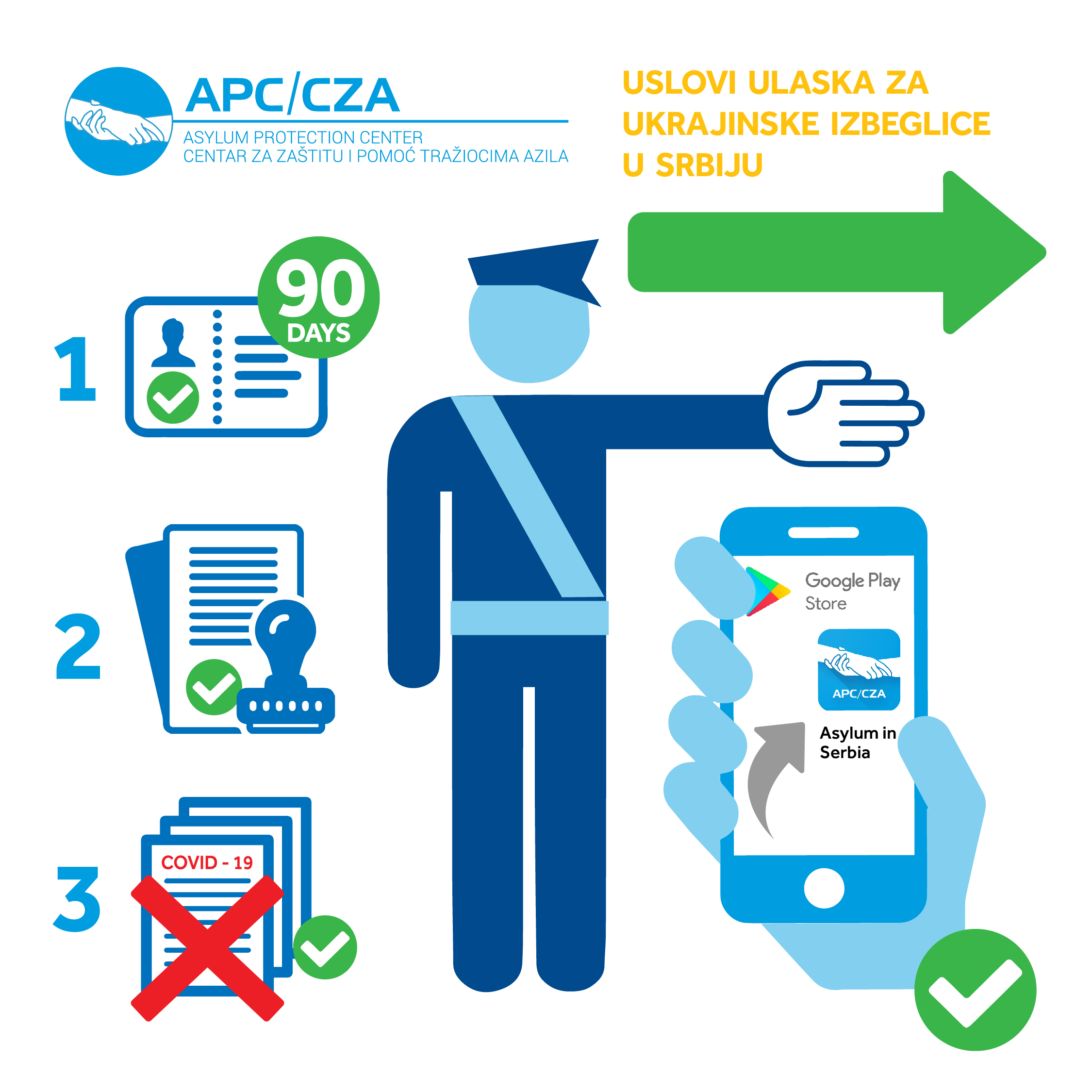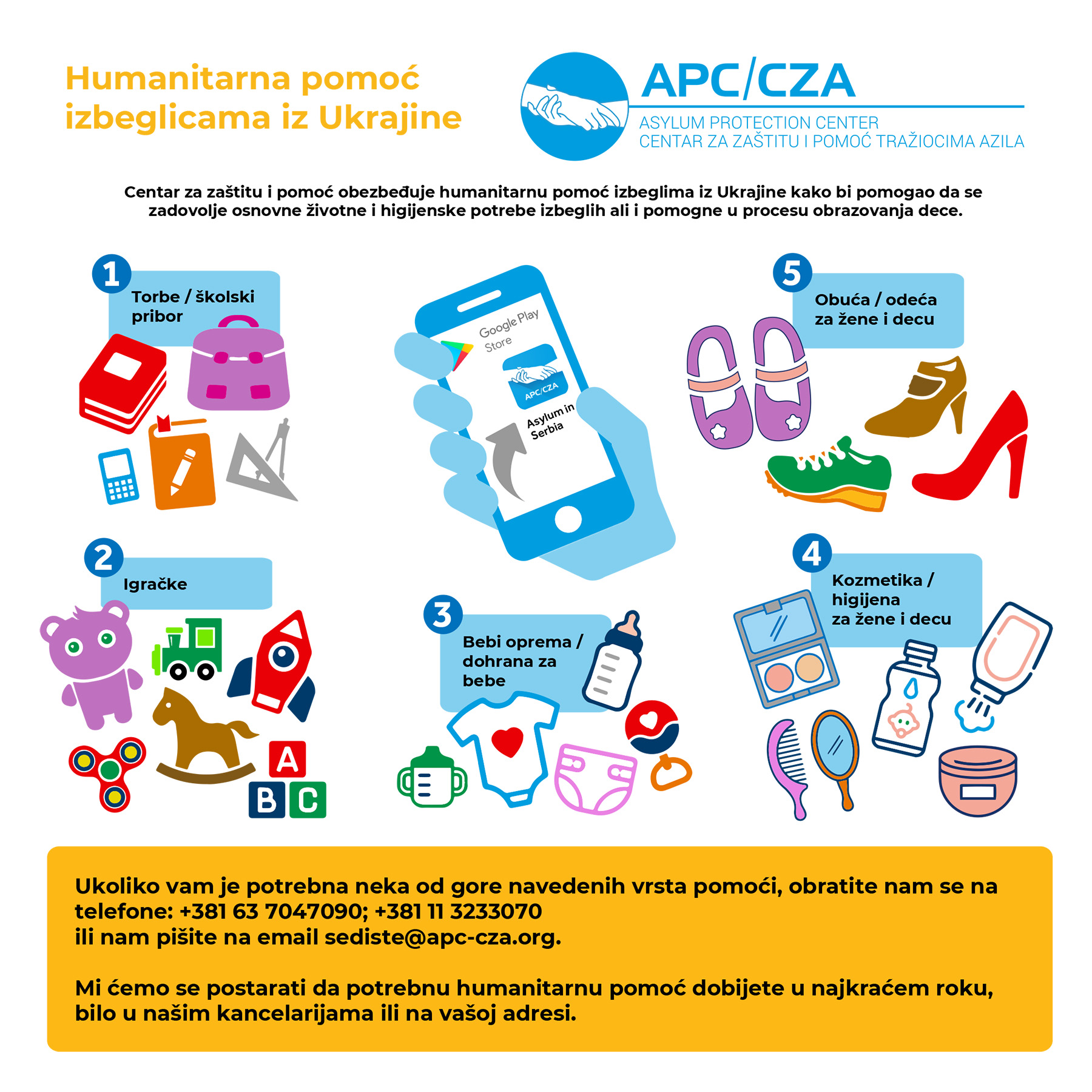Bulgaria fears a tide of refugees
Now that the western Balkan route is closed, refugees are increasingly trying to reach the EU via its eastern Bulgarian border. The government in Sofia wants to stop this and is planning to install more fences.
Rezovo is the most southeasterly city in Bulgaria. It is only a few hundred meters across the Black Sea estuary of the Rezovo river to the nearest Turkish village. The citizens of Rezovo now fear that they will soon have to deal with refugees arriving from Turkey by boat. In the aftermath of the failed coup in Turkey they are worried that the refugee agreement between the EU and Turkey is in danger of collapsing and that Ankara could simply allow refugees to pass across the 240 kilometer (150 mile) long Bulgarian border.
Meanwhile, a 30 kilometer long, 3.5 meter (12 foot) high fence has been erected along the Bulgarian border with Turkey. Now the fence is to be extended along the entire length of that border.
Officials want to secure the country’s 484 kilometer southern border to Greece with a fence as well. This is because the Bulgarians have witnessed an increase in the numbers of refugees attempting to cross their border to get to the EU as a result of Macedonia having closed its border with Greece.
Sofia is keen to maintain good relations with Ankara, not least because of the large number of Turks living in Bulgaria. This not only means keeping communications channels open, but rather “doing everything we can to ensure (Ankara) upholds its end of the agreement and that we are not swallowed up by a wave of refugees,” said Bulgarian Prime Minister Boyko Borissov.
“Sofia has to speak very loudly to be heard,” says political scientist Tihomir Bezlov, pointing to what has happened in Greece. “The EU is paying double and triple for everything that Greece has undertaken in terms of securing its borders. We have been much more reserved in Bulgaria,” says the expert. According to Bezlov, Bulgarian border protection services have gotten better, but nevertheless, human traffickers are smuggling dozens of refugees to Serbia on a daily basis. Border soldiers arrest and send back to Turkey up to 200 illegal immigrants every day, said Prime Minister Borissov recently.
“The borders between Serbia and Croatia, and between Serbia and Hungary are hermetically sealed,” explains Balkan expert Bisser Bantchev. He is certain that refugees will simply keep coming and therefore attempt to reach Serbia via Bulgaria and Macedonia. According to official statistics, Serbian border patrol agents have arrested more than 1,500 illegal border-crossers coming from Bulgaria and Macedonia over the past 14 days alone.
Things will also become very problematic for Sofia if Serbia decides it needs to close its border with Bulgaria as well, says Bantchev. The expert says that the only thing that has kept this from happening so far is the fact that Belgrade is counting on Bulgarian help in Serbia’s EU accession negotiations, and does not want to do anything to annoy Sofia. Serbia has stationed army and police units at its border with Bulgaria to stop human trafficking. Further, Serbian Minister of Internal Affairs Nebojsa Stefanovic recently offered Bulgaria help in securing its border with Turkey.
Effective smuggling networks
Human trafficking through Bulgaria is very well organized, as Valeri Grigorov, the former director of Bulgaria’s border police told DW. “Immigrants and refugees are taken from the Turkish border to the Serbian border within 72 hours. In the first leg of the journey smugglers send them to Sofia by car, where people pay 20 euros ($23) per person to spend the night, usually in the houses of Gypsies.” Grigorov says that there have been violent clashes between Gypsy clans over this increasingly lucrative business. He also says that coordinated Greek-Bulgarian border patrols are needed “to effectively control the very difficult terrain.”
He sees corruption within the police force as a major problem: “One could say that there is a ‘business partnership’ between human traffickers, the border patrol and the Bulgarian police. The partnership is tolerated by those in charge.”
If such networks cannot be destroyed, there will be little hope of success against the human traffickers – and then Rezovo may well become a stopover for refugees on their way to Europe.
 AzilSrbija AzilSrbija
AzilSrbija AzilSrbija




